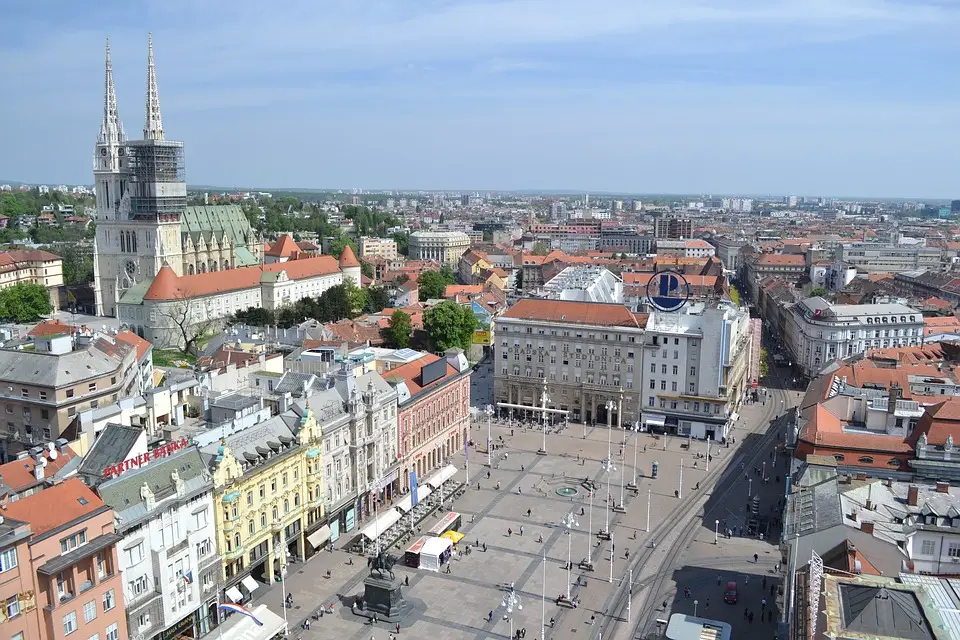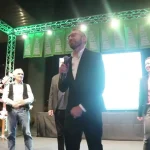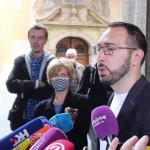As Novac/Jutarnji/Hina writes, on Wednesday, Zagreb Mayor Tomislav Tomasevic presented the Smart City Hub Zagreb, the goal of which is to unite all different types of applications and information from various city offices in one place, and one of the novelties is the Open Budget of the City of Zagreb.
Tomasevic emphasised that the coronavirus pandemic has become an “engine of change” that aims to provide various digital services to all citizens, digitise existing services and further simplify them.
“The idea of the Smart City Hub Zagreb is to have all different types of applications that exist in different city offices and institutions on one platform. There are so many digital projects in Zagreb that it’s difficult to list them all, and a largr number of people don’t even know they exist, let alone how to use them,” Tomasevic said.
This idea will put everything in one place with the simplest possible approach and increase the amount of data that is systematically collected by the City of Zagreb, as well as its companies and institutions. All of this data should be processed as much as possible in real time, so that there is no need to interact and wait for information.
Part of the platform is the Open Budget, which shows the priorities of the local government, what the money is spent on, what its projects are. “This is just the beginning of opening the budget up so people can see what’s going on, because a transparent and open budget is the foundation of any transparency of the government,” Tomasevic pointed out.
He expressed regret that the City of Zagreb is not a pioneer in Croatian digitalisation, but assured that it will do everything to reach the level of other digitised cities in a very short time.
“For the first time, the city budget is not only available in an excel spreadsheet, but also in a machine-readable form so that everyone can analyse, process and present it in different ways,” Tomasevic said.
Detailed information on budget revenues and expenditures will be available to the public through the Smart City Hub Zagreb.
He explained that the budget was adopted on the so-called the third level of detail, although under the new law it must be presented at the second level, with less detail.
“We want to present it on the fourth level of detail, we’ll be one step ahead of what is now the standard and two steps ahead of what is the legal standard. We want more detailed data on budget revenues and expenditures to be available to the public,” said the mayor.
He announced that they are expected to comply with the law, which will not only show the budget, but also the actual transactions made from the account, where exactly an amount is paid, to whom and why it has been paid will be monitored.
“There will be countless questions now, it isn’t something pleasant to go through for any government, but we absolutely need to do that, we won’t hesitate to make all data as accessible as possible to people and to open up topics we may not even know about,” he said.
The government’s exposure to criticism is an integral part of any democratic society, we must accept criticism even when it isn’t well-intentioned, we must endure it without arresting people,” Tomasevic said, referring to the recent arrests of people for writing various comments about certain politicians on social media.
Sanja Malnar Neralic, Head of the Department for Realisation and Coordination of the Zagreb Smart City Project, pointed out that the platform isn’t creating a new database, but integrating different databases to be available in one place.
In addition, the City of Zagreb and ZICER want to use the Hackathon competition to choose a prototype of a digital solution whose primary goal will be a simpler overview of city budget items. The hackathon will be held at ZICER from February the 25th to the 27th, so all people involved in design, programming, data processing, investigative journalism and other related occupations are invited to apply for it.
For more, check out our politics section.











